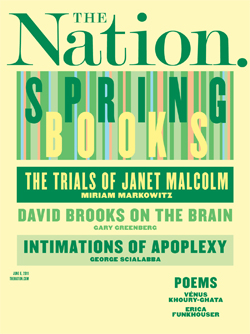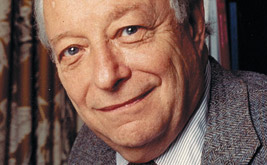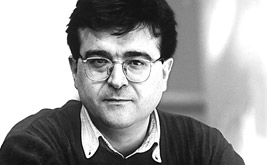Mud in Your Eye
Hamtramck, Mich.
In minor objection but with much appreciation for Elias Altman’s “Watered Whiskey” [May 2], it seems to me that this collection contains some of the strongest barrels of whiskey brewed by James Baldwin, and as one reads it, and feels the anger that emanates from this love-revering artist, one can understand why these writings, perhaps until now, remained uncollected; taken together, his truth is hard to swallow. Yes, he says, we have come so far, and no, he is not talking about race relations in society, and probably he is not talking about you or, for that matter, me. It burns our throat, and depending on where we came from, makes us feel dirty or makes us feel real. For those of us who are not made proud by his paintings of the great myth of America, but who sense that salvation will come not in loving the freedom but in freeing our love, I think we should ask ourselves: have we added water just to make it easier to go down? CAMERON KYLE-SIDELL
Dreamt of in Your Philosophy
Holden, Mass.
Re Richard Wolin’s thoughtful review of James Miller’s Examined Lives [“Being in the World,” March 7/14]: I would like to see critics take seriously that Western philosophers do not represent all of philosophy. How rich are the traditions of Asia, which could have informed this book’s mode of inquiry. Soon the day will have passed when philosophers of Asia can be ignored without critical comment and when authors are not called out for this failure of global worldview.
TODD LEWIS
Shorewood, Wis.
Richard Wolin properly gives a good part of his review to discussion of Socrates and Plato. Unfortunately, he describes Plato’s Forms as a concern of metaphysics but not of civic life. But Plato makes it clear that the Forms are about knowing what’s truly good, which is the key to any truly useful contribution to civic life. This is not a question that any responsible philosophy can ignore. It would have been helpful if Miller or Wolin had mentioned the valuable contributions to political thought of Locke, Hegel, Mill and Rawls, all of whom followed Plato’s lead in thinking that a clear picture of what’s good for humans is indispensable for thinking about civic life. Obviously philosophers aren’t politically or morally infallible, but they’ve done a good deal to clarify how we might best live together.
ROBERT M. WALLACE
Wolin Replies
New York City
In keeping with Todd Lewis’s suggestion, I am all in favor of histories of philosophy that are in tune with the contributions of Taoism, Confucianism and so forth. But I am not sure that such an approach would have worked well in the case of James Miller’s Examined Lives, which is focused on continuities and discontinuities within the post-Platonic philosophical tradition.
I agree with Robert M. Wallace about the relationship between the Good, as philosophically defined, and human excellence. However, we disagree about the nature of Plato’s contribution to this discourse. In many ways, Plato’s distrust of the demos translated into a fear of politics and a mistrust of civic engagement. Hence, the draconian (and distasteful) nature of his political prescriptions: elite rule by Guardians and Philosopher Kings, the “myth of the metals” and the Noble Lie, which is designed to prevent hoi polloi, or unwashed masses, from trying to better themselves. Plato’s metaphysical starting point—the supersensible Forms—already displays a scorn for the phenomenal world, politics included. We would do better to take our bearings from Aristotle’s proto-democratic definition of politics as “ruling and being ruled in turn.”
RICHARD WOLIN Read More
Our Readers










